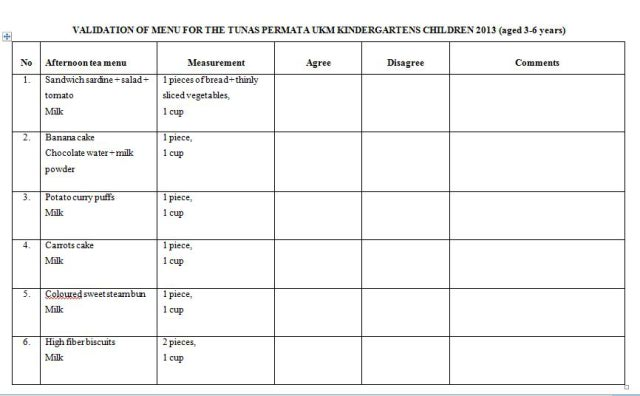I messed up my metabolism
Question
I seem to be in some kind of slump. I started working out back in July (from being completely inactive)building up to a somewhat intense workout on a daily basis. I do one hour of level 4 workout on the stairclimber at a pretty intense level - keeping my heart rate between 165 to 175 bpm every single day and every other day I work out on the nautilus machines. When I started I was 246 pound (38 y/o female) and at this present time I weight 199. I was losing anywhere from 8 to 10 pounds a month. But these last three weeks, my weight hasn't budged. My diet prior to the holiday season was VERY good. I completely cut out all fast/fried foods (and all desserts - I am diabetic) and stuck with only baked or grilled chicken & fish with a whole lot of salad, fruit and vegetables. Honestly, I had one back week around Christmas time - eating a lot of home cooked meals. One week ago I got a virus and ate very little - one small (relatively healthy) meal very late in the afternoon. And now that I'm back to my workouts and healthy eating again, my weight isn't going anywhere. Am I hopelessly messed up for good or will I ever return to losing 8 to 10 pounds a month?
Hello Verna!
Thank you for your nutrition question. It sounds like you might be experiencing a weight loss plateau. This is very common because the body begins to hold on to calories after significant weight loss. There are different reason for this happening. Here are a few tips I have found helpful in breaking through weight loss plateaus:
1. Pump some iron- started out small, just do curls with three pound hand weights, but worked up to using ankle weights for leg exercises and eventually increased the weight of the dumb bells. Building muscle increases your metabolism(rate which you burn calories)which will result in weight loss.
2. Increase your water intake. Drink a glass before you treat yourself to a second helping or an unnecessary snack. This helps you feel fuller.
3. Eat foods that are high in fiber(ie. oats, fruits, vegetables, nuts, and beans); they, too, help fill you up (the body doesn't digest fiber).
4. Re-evaluate your eating habits. Make sure you're controlling portion sizes and making low-fat choices.
5. Keep a food diary: If you've been following a diet plan for some time, you may be bored and your motivation for staying with it may be fading (after all, what's an extra Hob Nob now and then?). Keeping a food diary, or a record of what you eat each day, will help you pinpoint situations where you might be indulging more than you realise and help you get back on track.
6.Eat little and often: Eating small meals frequently can help regulate your blood sugar and appetite. Also, as your body expends energy when digesting food, eating several mini meals a day can help boost your metabolism. It's important to be sure you are getting enough water since many people can mistake thirst for hunger.
Once you have reviewed the tips above and fine-tuned your workout programm, you should start to notice a difference in how you look. Remember, muscle weighs more than fat, so even if the numbers on the scale aren't budging, it doesn't necessarily mean you're not making progress. Fluctuations of a few pounds can also be down to things like your menstrual cycle or water retention. In the long run the most important factor is how you feel - not the number on the scales.
-George Rapitis, BSc, Nutritionist
www.dietitian.mymagicwand.com
Related Articles
-
Ways of eating, mood, energy, and circadian rhythms
QuestionHi Tanya, Youve answered questions for me before so I tho
-
My toddler doesnt eat well
QuestionMy daughter who was a preemie at birth is now 2. Sh
-
Slim Fast
QuestionHi Laura, My name is Melinda, my daughter Allison is 10
-
Over eating?
Question Hello. I am sooo confused on weight management. &n
-
Should I try to gain weight?
QuestionAccording to the popular BMI calculators, I am underweigh
-
How is this possible?
QuestionThe scales say I have lost 6 pounds OVERNIGHT! Same




